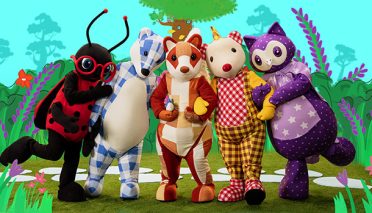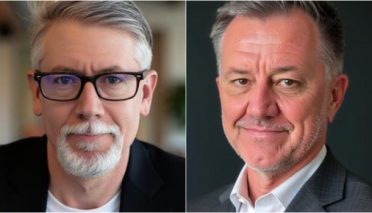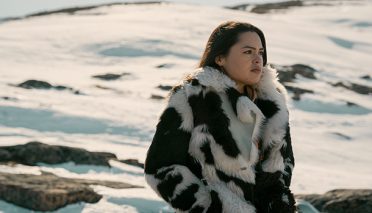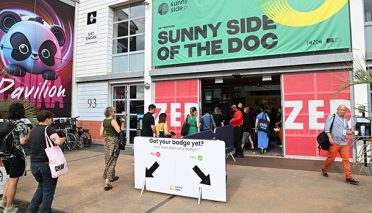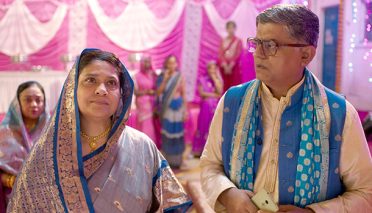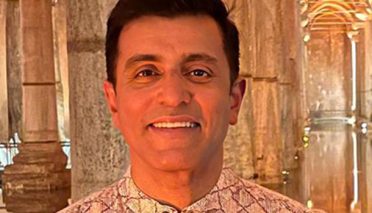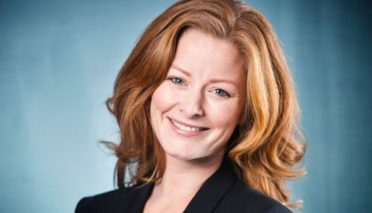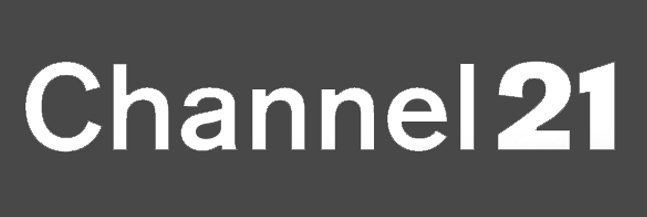Despite producing an enduring and globally successful travel series, breaking through internationally for a Bulgarian prodco like Art Winner is still an uphill struggle, says company founder Billyana Trayanova.
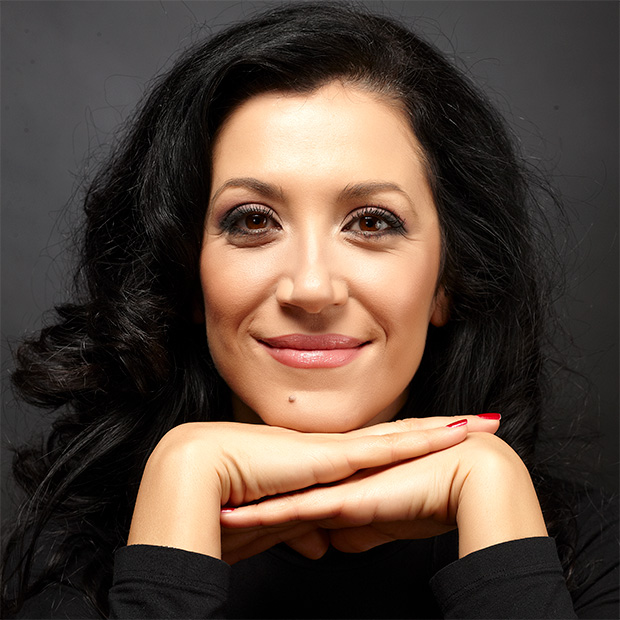
Billyana Trayanova
No Luggage is a TV travel series like no other – and it has nothing to do with travelling light.
Billyana Trayanova, the Bulgarian producer behind the international programming phenomenon and founder of Sofia-based Art Winner, admits that had anyone told her when she first embarked on the series over 20 years ago that she would by now have delivered her 800th episode with sales into over 70 territories worldwide, she would have replied: “How can that be? It’s impossible!”
OK, so in terms of longevity, No Luggage (Bez Bagaj as it’s titled in Bulgaria), hasn’t yet surpassed the longest running travel TV series of all time – according to Guinness World Records, that title is held by Italy’s Sereno Variabile, which at the time of being recorded in 2018 had run for 40 years.
But No Luggage is unique, and not just because it’s still in production and is made by a small indie based in Bulgaria. The show is described by its international distributor, UK-based TVF International, as a “family-friendly” half-hour that can be stripped daily across a schedule and gives the viewer “access to some of the most stunning locations around the world.”
Trayanova, who presents as well as produces the series, says avoiding too much preparedness is what makes it distinctive. “When I embarked on No Luggage, I didn’t think people cared about who’s eating what, where you sleep, the typical travel show. I didn’t want to make that type of programme. So I said, okay, what I would watch? What’s interesting to me?” says the actress who fell into documentary-making when she couldn’t raise enough money to make her own scripted feature film.
“My style is going [to places] without preparation beforehand. So, for example, if I know there is a tribe living somewhere, I will find somebody who speaks the language and can lead us there and be our guide, but I don’t ask any more questions and I don’t want to go into details before because this will be somebody else’s research, somebody else’s thoughts and words. And when I get there, I start to discover [the story] for myself. And this is how No Luggage developed into a reality documentary. It’s very spontaneous, very emotional.”
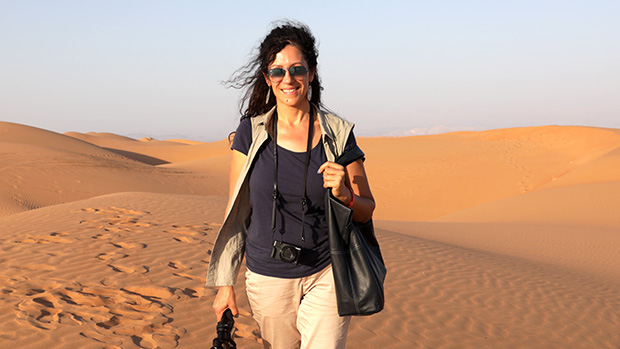
No Luggage has passed its 800th episode
That spontaneity has proved to be a shrewd business decision by Trayanova, who set up Art Winner in 2002. More than two decades later, the show is the bread and butter of the company, which specialises in documentaries but has also ventured into reality TV and children’s IP – the latter in much part thanks to No Luggage.
Alongside her screen work, Trayanova is the author of a popular Bulgarian children’s adventure book series called Harisha & Anaitis, which has already spawned one kids TV film, Harisha & the Secret Island. The exec’s “biggest dream” is now to turn the children’s adventure series into a TV series.
“My trips to the jungle, the savanna and the tribal enkangs made me think of stories that could inspire my little son when I returned home,” Trayanova explains. “My boy was enchanted by the stories about shamans, warriors and maharajas. This is how I started to write the children’s adventure book series Harisha & Anaitis.”
The start of Trayanova’s filmmaking journey did not begin with enchanting children’s stories and travelling the world, however, but with darker tales of addiction and disease.
“When I was much younger and I was taking my first steps in producing, I worked with an American producer and director,” she recalls. “I was trying to finance my own feature film script, but the budget was too high for me and finding support or an agent was almost impossible. Then he told me there are festivals where [documentary] films with budgets of just US$2,000 win and everybody watches them. This was a game-changer for me. I started to think of the story, not that much of the budget.”
Following her epiphany, Trayanova produced her first documentary, Addictions, a 27-minute film that was selected for the New York Film Festival and then broadcast by the Bulgarian public service broadcaster, BNT in 2006. “I started with very heavy topics like drug addiction, alcoholism and mental illness,” she says. “I decided to speak to a global audience and see if people would understand what I had to say, and this made me braver to go on.”
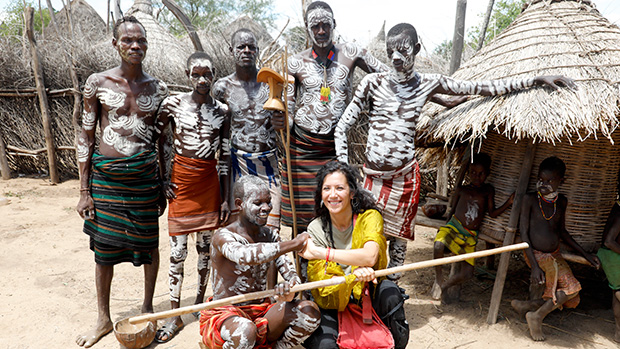
Authenticity as at the heart of No Luggage’s adventures
Since then, aside from Lost Luggage, Trayanova has produced documentary series Parallel Worlds and more than a dozen one-off docs, including 42 Degrees, a 30-minute documentary produced in 2006 and broadcast on all three Bulgarian national television services – BNT1, BTV and Nova TV. Between 2011 and 2013, the company also produced reality TV format Star Machine for TV channel TV7, a 30-minute series that follows “the intense process of transformation of young aspiring actors into stars”.
But despite her international success with No Luggage, crossing borders with other projects has proven much harder.
Currently, Art Winner is developing two new documentary series, one about Bulgarian mystic Baba Vanga, also known as the Nostradamus of the Balkans, and the second about the science of in-vitro fertilisation. Trayanova says the company is seeking coproduction partners for both projects. “We’re looking beyond Bulgaria, to producers who are experienced in these genres,” says the exec. “With Baba Vanga we are working with very old archives, so there are lots that need to be digitised.”
Highest on Trayanova’s list of priorities, though, is turning her book series Harisha into a live-action TV series aimed at a family audience, but the exec is only too aware of the difficulties of getting such a project made, especially as a non-English-speaking creator. “I’ve met a few people in the industry from Europe and the UK, and they have told me this an expensive project [to fund] because it’s live-action. It needs some of the biggest studios and platforms in the US to make it happen,” she says.
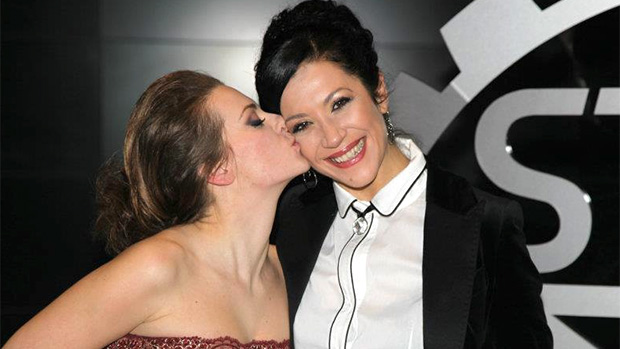
Reality TV format Star Machine aired on channel TV7
Trayanova believes her biggest challenge is securing representation from international agents for her literary IP. “This is feel-good content for the adventurous, those who love Indiana Jones or would enjoy Mowgli [from The Jungle Book],” she explains. “But for writers to be able to develop their novels or factual books, we need to find the right agent. This is not so well arranged in Central and Eastern Europe, where there are agents, but they usually cover the local markets. It’s almost impossible to reach out to people scouting for IP to develop it for film or TV series, and this is a big challenge.
“There are very interesting authors in these territories that cannot break through, they end up writing thousands of emails and inquiry letters and nobody answers. I had this experience myself a few years ago with No Luggage, before we started with TVF International. I was sending emails from an account and with address in Bulgaria, I received almost no answers. Hopefully, this will change.”
Commenting more broadly on the market in Central and Eastern Europe (CEE), Trayanova says the opportunities for producers in the region have improved. For example, she is supportive of the 30% local content quota on global streamers in major markets in Europe. “There are more opportunities than ever before, there is more cooperation, funding, opportunities for coproducing and help with distribution, and there is lots of support from festivals,” she says.
However, challenges remain. “We need higher budgets to be more competitive, and as non-English-speaking countries, all the rights for the voiceover, the dubbing and music etc takes more of the resources, which would be better used in production.”
Trayanova is hopeful that AI will be a game changer for production companies from the CEE. “AI is transforming the film and TV industry globally, and producers from CEE can leverage it to reduce costs, improve efficiency and increase global reach,” she says. “We work with suppliers for AI tool companies for developing video and storytelling.”
However, Trayanova says she is yet to be fully satisfied by any of the AI apps, including those that might help with the cost of localisation for No Luggage.
“We have tried a few of the apps, but right now none of the AI tools work so well, you need a lot of editing after using them, which takes sometimes even more time than if you did it in the traditional way. But hopefully it will develop. We are working on that. Hopefully it will be more useful soon.”




